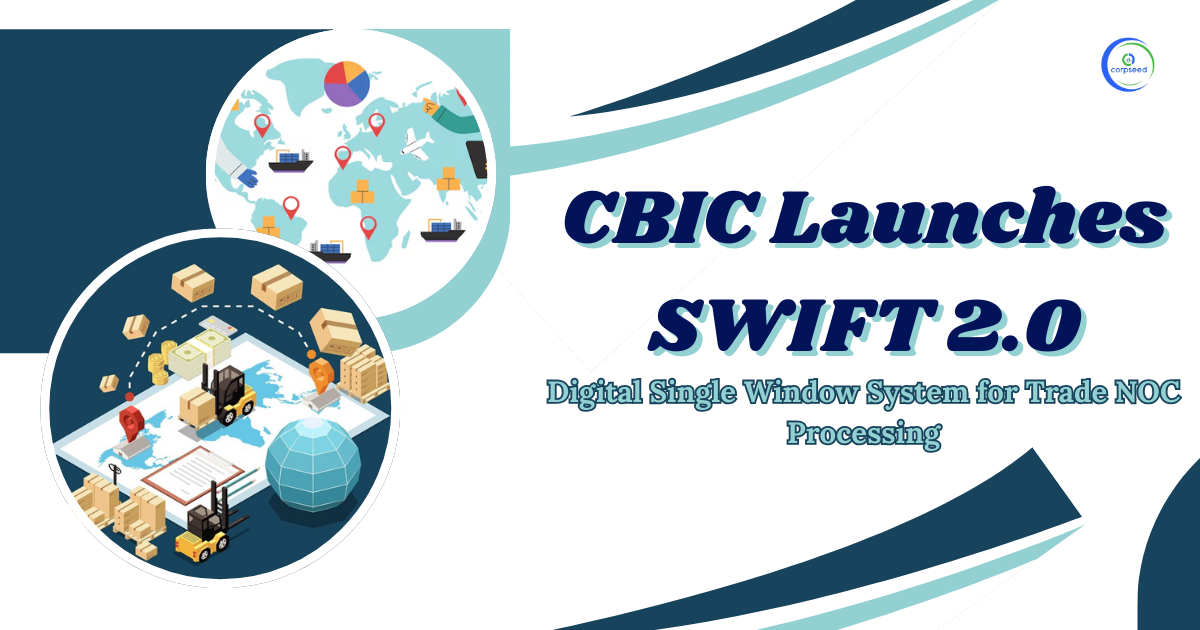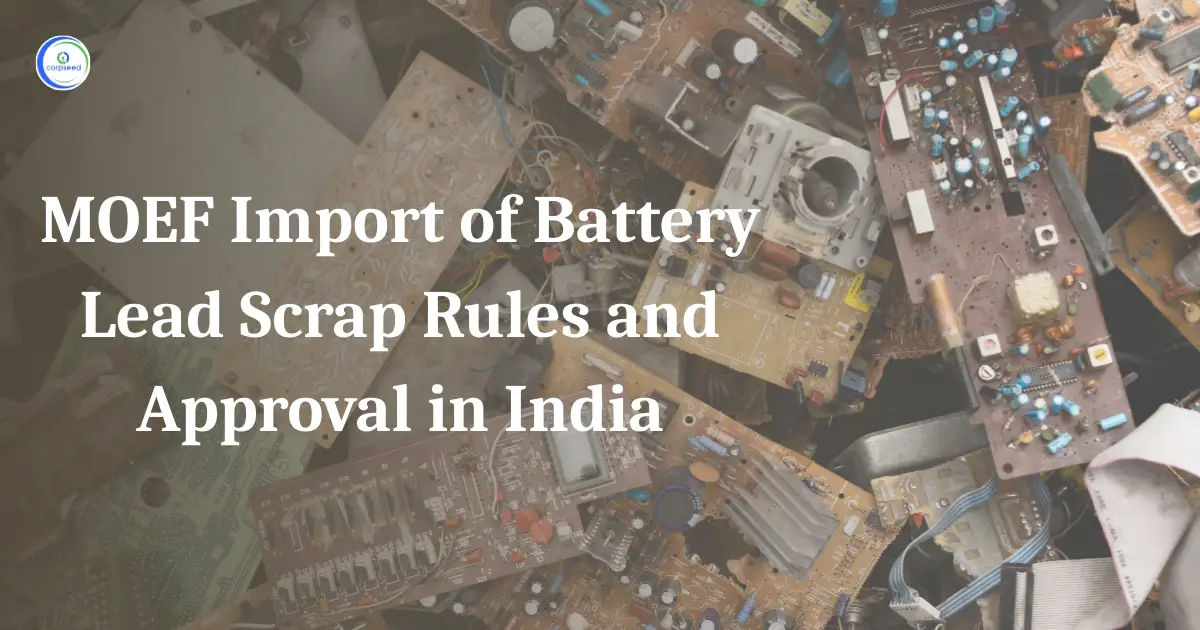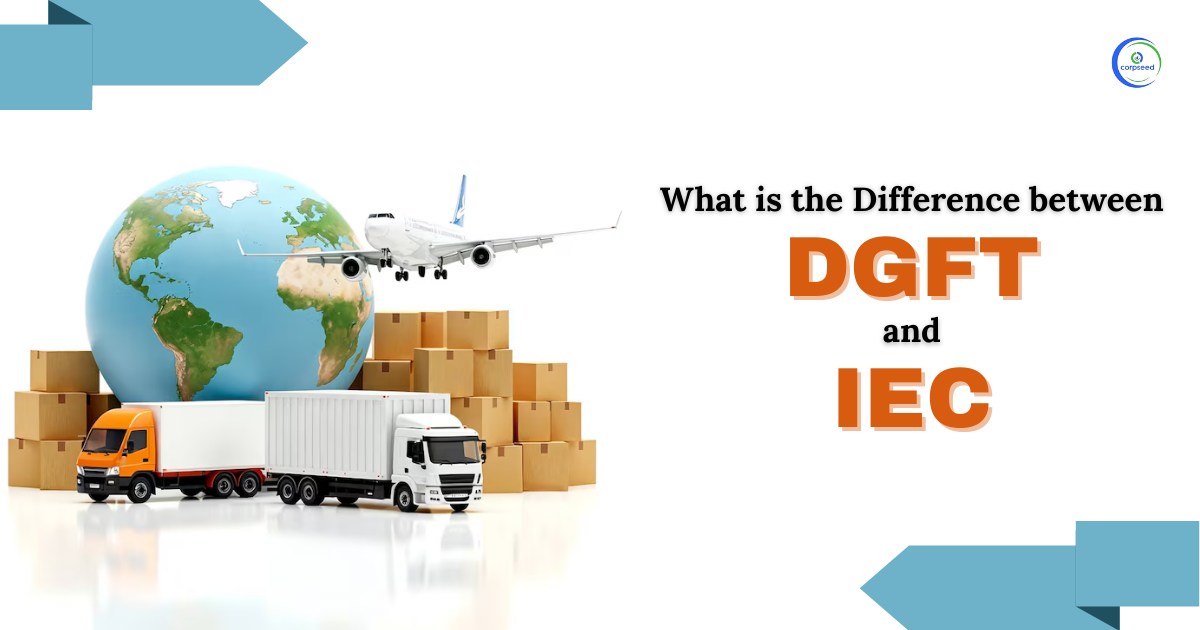The term IGCR means the Import of Goods at Concessional Rate of Duty. The relaxation in the rate of duty is provided by the CBIC through the implementation of IGCR. The provisions for the same are governed by the IGCR Rules (Import of Goods at Concessional Rate of Duty or for Specified Use). Only the notified goods are eligible for this scheme. The importers of such goods may apply online through the portal of CBIC and claim the concessional duty rates for their imported goods. The IGCR in Customs helps the importers financially if they are important for some specific goods for some specific purposes. Let’s look into the details of the IGCR regime and understand the procedures specified in the IGCR Rules for the Importers of notified goods.
Table of Contents
--------------Blog Contact Form-------------
IGCR Rules
The IGCR Rules are implemented by the CBIC. CBIC stands for the Central Board of Indirect Taxes and Customs. The rules define various terms that are relevant for the implementation of the Import of Goods at Concessional Duty Rate Rules. The rules prescribe that the importers of goods as notified in the schedule are eligible for concessional duty rates. However, this concession is applied only for the goods that are utilized for the purpose as mentioned in the IGCR rules.
The importers need to ensure that the goods they have imported are utilized for the intended purpose. To convey the same information to the CBIC, the importers also need to give prior intimation of claiming relaxation under the IGCR rules and further monthly filings of the returns for the utilization of the goods. These returns are filed through the ICEGATE portal. The importers must also utilize the goods within a period of six months from the date of import. In case there is no utilization for a month, the importers can file the NIL return but the return has to be filed compulsorily. If the importer fails to utilize the goods so imported for the intended purpose within the utilization period then he cannot claim the concession under the IGCR Rules and is liable to repay the excess duty to the CBIC along the interest applicable.
Role of ICEGATE in IGCR Implementation
For the implementation of IGCR rules as well as other customs-related management, the Central Board of Indirect Taxes and Customs (CBIC) has developed an online portal known as ICEGATE. The CBIC is part of the Revenue Department of the Government of India under the Ministry of Finance. ICEGATE stands for Indian Customs Electronic Data Interchange Gateway. The portal assists the customs authorities in digitally managing the information about the customs formalities. It works as a medium of communication between the trade user and the customs department. E-filing services are available on the portal which facilitates the traders to electronically file the requests in a robust and efficient manner.
The Importers willing to claim the concession need to give prior intimation through the IGCR module of the ICEGATE portal by submitting the details of imported goods and their intended purpose of use in the prescribed manner.
Procedure to Claim Relaxation under IGCR Rules
The importers need to follow the prescribed procedure to claim relaxation under the IGCR rules. This procedure is given in IGCR rules and is updated from time to time through various circulars issued by the Central Board of Indirect Taxes and Customs (CBIC). An importer needs to go through the following process-
- Prior Intimation of Intent
The importer needs to provide his prior intimation that he wishes to claim the IGCR benefit. For this, he can log in to the ICEGATE portal and navigate to the IGCR section where he can submit the prior intention along with the details of all goods being imported. Once the information is submitted and accepted, it will generate a Unique IGCR Identification Number abbreviated as IIN.
- Bond Bank Guarantee
The importer also needs to furnish a one-time continuity bond. It should be according to the prescribed format and should cover all the goods being imported under this procedure. Later on, the physical copy of the Bond and Bank Guarantee is submitted to the jurisdictional officer who approves the bond request on the ICEGATE portal.
- Bill of Entry at the Port
The importer should mention the details of IIN (IGCR Identification Number), Bond Number and other details on the bill of entry. On the basis of these details, the Deputy Commissioner or the Assistant Commissioner of Customs allows the benefit of exemption and import is executed at concessional rates.
- Utilization of Bond
When the bill of entry is cleared for home consumption, the bond amount is debited through the automated IGCR system.
- Intimation of Goods Received
The IGCR rules recognize the receipt of goods on the importer’s premises and the job worker’s premises. But in case the goods are received at some other location or there is any short receipt of a portion of goods then the same shall be intimated by the importer through the common IGCR portal.
- Conditions for the Usage of Goods
If the importer has claimed the benefit under the IGCR exemption then the goods shall also be utilized for the same purpose. The period of utilization of such goods is six months. The utilization must be done in accordance with the conditions specified only. If there is any defect in the goods, the same shall be re-exported or cleared for home consumption within six months.
How to Re-Export or Clear Goods for Home Consumption?
The unutilized or defective goods shall be reported and re-exported to the origin. The importer also has an option to clear goods for home consumption. In both cases, the applicable duty shall be paid by the importer. This duty payment is calculated based on the exemption claimed and the actual duty chargeable on such goods without exemption. The goods are cleared after due payment of the duty with interest. Currently, the importers need to make the payment through challan. The interest is calculated from the date of import to the date of actual payment of the total duty applicable on such goods. The importer also needs to put the information regarding such clearances and duty payments in the monthly statement.
Reporting Compliance for the IGCR Goods
The Importer needs to file the monthly return of the utilization of the goods imported under the IGCR (Import of Goods at Concessional Rate of Duty) Rules. These returns shall be filed in accordance with the following procedure-
- Importers must submit a monthly statement by the 10th of the following month, using the form IGCR-3 on the common IGCR portal.
- Importers are required to maintain accounts including separate accounts for inter-unit transfers of IGCR goods. These accounts should be presented to the Deputy Commissioner or Assistant Commissioner of Customs upon request.
- Job workers must maintain accounts which should be presented to the customs officer as and when required.
- Importers or job-workers who violate these rules will face penalties as specified in rule 8A of the IGCR rules. This penalty is separate from any actions taken under the Customs Act, 1962 for duty recovery.
Conclusion
The IGCR (Import of Goods at Concessional Rate of Duty) Rules are implemented by the Central Board of Indirect Taxes and Customs. The rules serve as a crucial mechanism for importers seeking duty concessions for specific goods. Through the use of the ICEGATE portal, a streamlined process has been established, requiring prior intimation, the submission of a continuity bond, and meticulous documentation on the bill of entry. It is imperative for importers to ensure the proper utilization of these goods within the prescribed timeline to avoid penalties, underscoring the significance of compliance within this framework. As these regulations continue to shape the import landscape, adherence to the stipulated procedures remains essential, ensuring the effective utilization and management of goods under the IGCR regime.
This portion of the site is for informational purposes only. The content is not legal advice. The statements and opinions are the expression of author, not corpseed, and have not been evaluated by corpseed for accuracy, completeness, or changes in the law.
BOOK A FREE CONSULTATION
Get help from an experienced legal adviser. Schedule your consultation at a time that works for you and it's absolutely FREE.


_Application_Procedure.webp)






